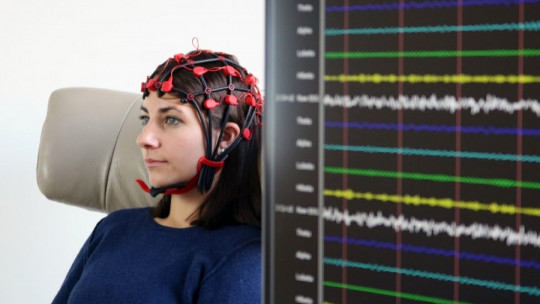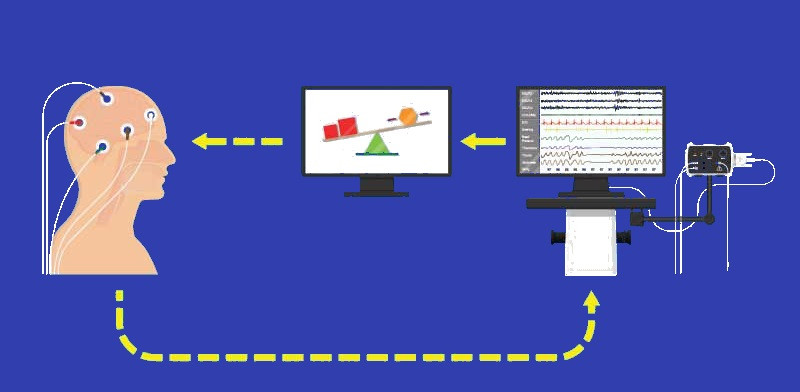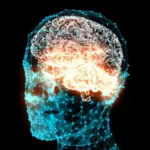
The COVID-19 crisis continues to be present in the lives of many people who see how this disease has affected them psychologically. And beyond cases of prolonged or chronic COVID, it is also possible to have overcome the effects of the virus but, at the same time, continue to suffer the consequences that this experience has had on mental health.
Fortunately, there are psychotherapeutic intervention modalities capable of helping to overcome this type of discomfort. For example, neurofeedback, which can be applied to the psychological consequences of COVID ; In this article we will see how it is done.
Psychological effects of COVID-19
Many of the psychological alterations linked to the passage of the coronavirus through our lives continue to significantly affect the mental health of millions of people, and although not everyone has experienced the COVID-19 pandemic in the same way, today we summarize the most common ones. (although they don’t have to happen all at once).
1. Generalized fears and anxiety problems
Some of the fears that many people continue to carry since the beginning of the pandemic and the health and social crisis continue to take a toll on their mental health and psychological well-being.
Among the most common fears we find the fear of infecting ourselves or our family members, the fear that the COVID-19 crisis will extend permanently, the fear of losing a job, an economic crisis or discomfort due to the uncertainty in the future.
2. Psychological exhaustion
Psychological exhaustion is one of the symptoms most shared by general society and one of the most difficult to identify, due to its subtlety and sometimes not even the person who suffers from it is aware of it. It is caused by the wear and tear generated by prolonged exposure to anxiety and stress and gives rise to difficulties in concentrating and getting involved in activities that are relatively complex or require a certain investment of energy.
3. Obsession with one’s own health
Another of the main psychological effects that many people around the world have experienced with the COVID-19 pandemic is developing an obsession with one’s own health and that of loved ones.
This phenomenon is characterized by constant check-ups and visits to the doctor, frequently searching for medical information on the Internet, and carefully observing at all times any symptoms that the person may believe they have in relation to COVID-19.
The unhealthy obsession with being healthy and not catching the new disease is something that may have developed gradually during these two years in which traumatic situations have been experienced in many homes and in which we have all been under a lot of pressure.
This obsession with one’s own health continues to persist in many people who have been able to develop all types of psychological disorders of an anxious or obsessive type, such as obsessive-compulsive disorder or hypochondria.
4. Obsession with security measures
To the obsession with one’s own health and the fear of getting infected, another type of daily obsession is also usually added in many people: the obsession with security measures and anti-covid health protocols.
After two years of pandemic, citizens have constantly received information and behavioral guidelines on how to avoid becoming infected with the new disease and some people with obsessive profiles may have settled into constant obsession with these measures.
Permanent hand washing, the use of hydroalcoholic gel, safe distance and ventilating rooms were useful measures in the toughest moments of the pandemic, but many of them are no longer necessary in everyday life.
5. Social isolation
As indicated, COVID-19 has had a different impact on each person; However, there are many that have experienced a progressive tendency towards social isolation and carrying out fewer and fewer social activities, in groups and even as a couple.
This may be related, again, to some pathology or psychological tendency that a shy or introverted person might have before the pandemic, confinement having been a great catalyst in the development of said social isolation.
Many people have coped with the fear, insecurity and uncertainty of the disease by locking themselves in their homes and building physical and emotional barriers around themselves to protect themselves and their loved ones.
How is neurofeedback used to treat the psychological consequences of COVID-19?
Neurofeedback is an intervention modality that combines aspects of psychotherapy and neurology although its application is completely painless and does not involve introducing elements into the body.

Its effectiveness lies in its simplicity: basically, it consists of making the person aware of their brain activity patterns in real time, using neuroimaging technologies (for which sensors are applied to the head). In this way, the patient is allowed to learn to become familiar with the brain responses associated with their emotions and states of stress and anxiety, something key to knowing how to regulate these psychological phenomena.
Through these sessions, it is easier for the person to check how they can manage their internal processes and to quickly detect which “mental routes” are counterproductive when dealing with phenomena such as dysfunctional fear, excess anxiety, etc.
If you are interested in the benefits of neurofeedback, contact us; in Neuroscenter we can help you.








